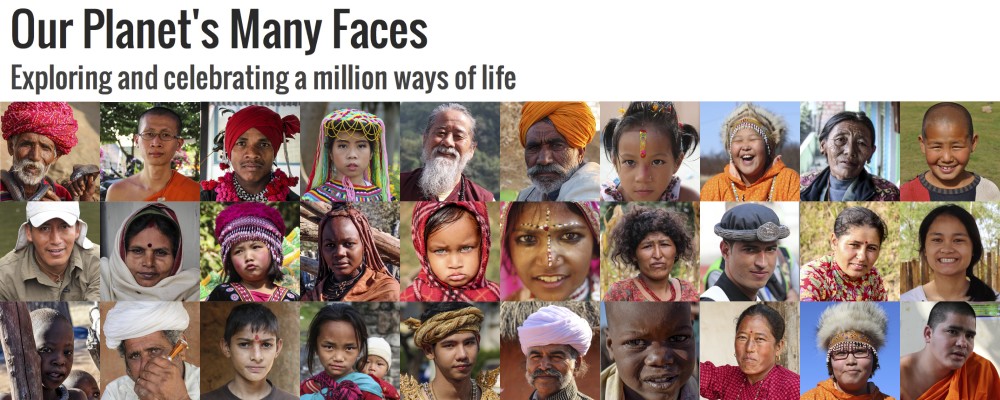The United Nations recognizes that, in many regions of the world, women live a life of limited opportunities, inequalities, and oppression. “Gender inequalities remain deeply entrenched in every society. Women lack access to decent work and face occupational segregation and gender wage gaps. They are too often denied access to basic education and health care. Women in all parts of the world suffer violence and discrimination. They are under-represented in political and economic decision-making processes,” reads a description on UNWomen.org.
Nepal is one such nation in which women face less than equal circumstances. According to the The World Economic Forum’s assessment, Nepal ranks 121st out of 136 countries when it comes to gender gap. The Women’s Foundation Nepal recognizes many issues for women, including domestic violence and property rights.
Jitpurphedi, Nepal
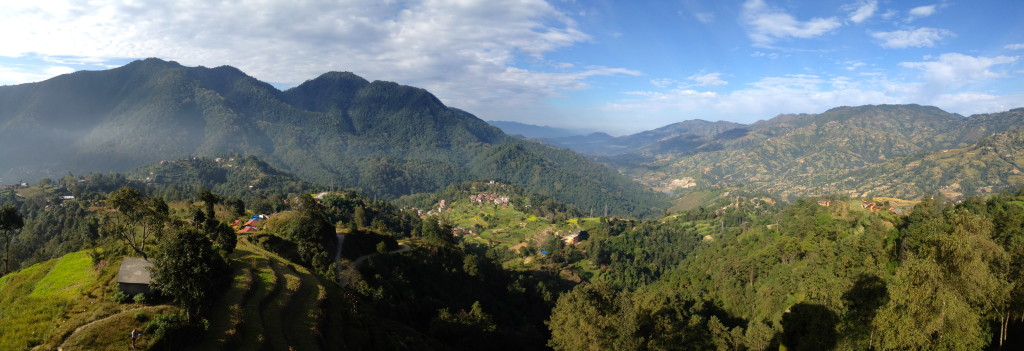
The community of Jitpurphedi is located approximately 6 km from Nepal’s capital and major urban center, Kathandu. Settled in the hillside jungles of Shivapuri National Park, this community consists of 9 wards spread out over several km, connected by narrow, winding dirt roads and walking paths. According to the 2011 census, Jitpurphedi has a population of over 6,000, represented by nearly 1,500 households.
With the help of local interpreters, three women shared their experiences and thoughts as women of rural Nepal, and recent improvements they have witnessed through the formation of a local women’s cooperative.
Shiva Kumari: Domestic Violence
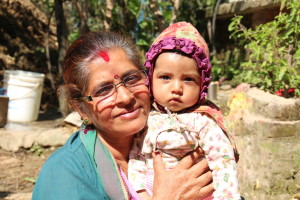
Shiva Kumari is a 54 year-old resident of Tinpiple and is in her 6th year serving as President of the Jitpurphedi Women Agricultural Cooperative (JWAC).
Kumari recognizes domestic violence among one of several issues faced by the women of Jitpurphedi. “People didn’t believe the women in the community,” she explains in regards to physically and emotionally abusive relationships. “They think, ‘Eh, why does she come here? They are just fighting with each other. Why’s she coming.’ “
Domestic violence, while present in the community, is a concealed and silent issue. According to Violence Against Women Hackathon, nearly 800 cases of domestic violence were recorded in Nepal between April 2012-2013. However, 77% of domestic violence cases go unreported, and 64% of women never tell anyone about the incident.
Parvati Devkota: Lack of Education for Women
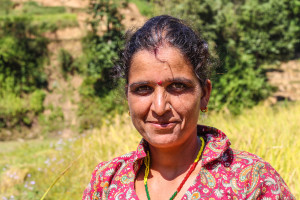
Parvati Devkota is a JWAC member from the village of Dadagaun. Devkota is in her mid-thirties, is married, and has two sons. Her husband does not work, and she primarily takes care of all household tasks, as well as tending to the livestock and crops.
“If I had a daughter, I’d tell her to concentrate more on her studies,” Phuyal explains. Phuyal was persuaded by her father to leave school after 6th grade in order to help with housework and allow her younger brothers to earn a complete education. “Lack of education has made my life difficult,” Phuyal concludes.
Phuyal attributes women’s challenges such as lack of income, domestic violence, and sex trafficking to the lack of education, which ultimately results in limited opportunities and the eager pursuit of a ‘better’ life.
According to Nepal’s Central Bureau of Statistics, the country’s population of 19 million was an even split of men and women in 2001. Of the 40% of the country’s population classified as illiterate, only 36% were male, and the remaining 64% were female.
Santa Phuyal: Family Health Concerns
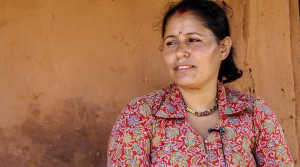
Santa Phuyal resides just outside of Tinpiple, and is also a member of JWAC. Phuyal describes the financial challenges involved in caring for her family, particularly in the case of a sick family member.
According to UNICEF, Nepal suffers from an infant mortality rate of 34 (out of 1000). The mortality rate of children (ages 1-5) is 42 (out of 1000). Though these numbers have improved drastically over the past several years, Nepal still faces 24,000 deaths of children below the age of five per year. Diarrhea is the leading cause of child deaths in South East Asia, an illness that can be easily treated with proper medical attention.
The Jitpurphedi Women Agricultural Cooperative
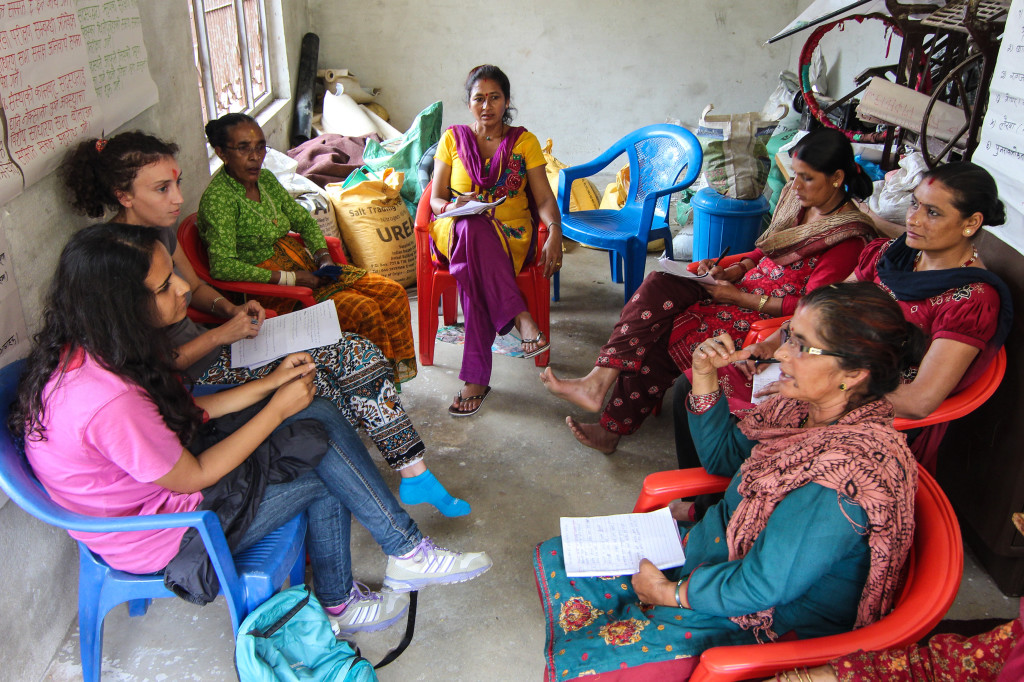
According to Kumari, the JWAC began its formation nearly 10 years ago when concerned women in the community came together to help settle issues and disagreements in their village. Seven years ago, JWAC officially formed with the help of Volunteers Initiative Nepal (VIN), which provided the group of women with trainings on cooperatives.
What began as 18 women has now grown into over 600. JWAC is broken into over 60 women’s groups spread throughout the various rural villages of Jitpurphedi. According to Kumari, the JWAC is a non-profit organization run by an elected board of individuals. The cooperative concentrates on health, education, and economic goals for women in the community. To meet these goals, the JWAC offers:
- Income Generation through agricultural training and micro credit loans
- Monthly meetings of women’s groups
- Life skills classes such as literacy, sewing, health and hygiene, and computer classes
Additionally, women’s groups have become the center of discussion and dialogue regarding domestic violence, mental health, and suicide prevention. With the help of qualified foreign volunteers, women in the communities discuss the issues they see in their communities and learn strategies involved in addressing those issues.
A Life Change
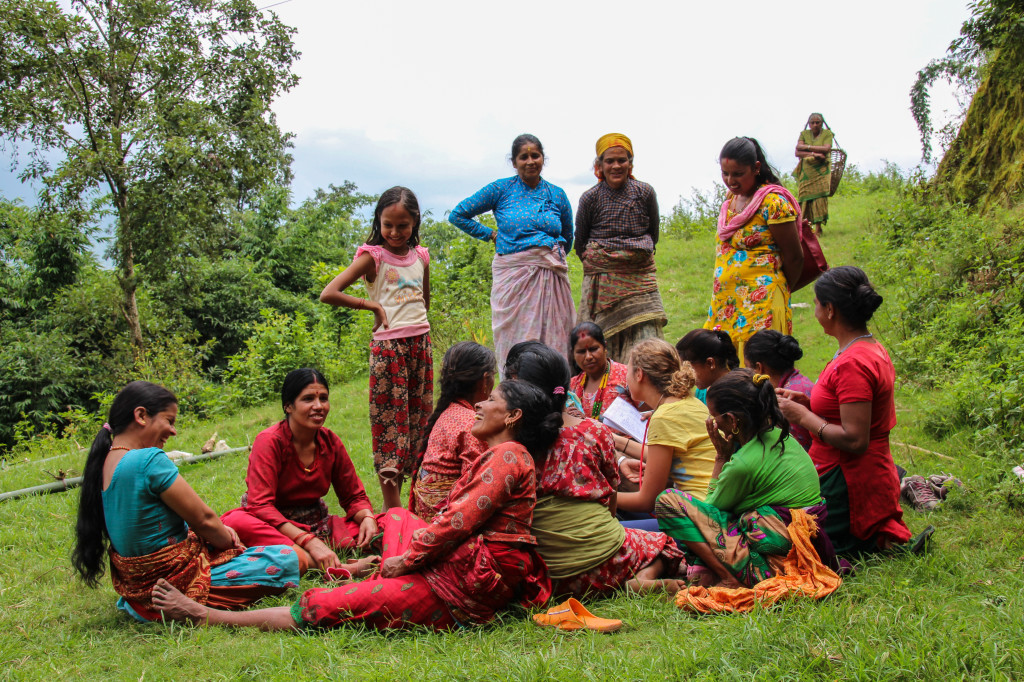
Kumari, Devkota, and Phuyal all recognize changes in their community over the past several years, which they attribute to the success of the JWAC.
Kumari believes that domestic violence is on the decline in Jitpur. “Before, we had no knowledge about family violence. When international volunteers started coming here to give knowledge, we realized that we have to control it,” explains Kumari. She also recognizes that contributing behaviors, such as heavy drinking and gambling, are also on the decline due to an increased system of accountability. “Men used to do lots of bad things, like drinking and gambling. But now, they understand there are consequences.”
Similarly, Phuyal feels that circumstances affecting her family’s health have also improved as a result of JWAC. “In the past, we had to face problems if my child became sick, since I had not enough money. But now I am growing vegetable crops and I have enough money so I can [buy a] cure for my child easily,” she explains.
“Women are now getting education, that will make them independent in the long run,” explains Devkota. “They will also be able to make their own decisions.”
A Dream for the Future
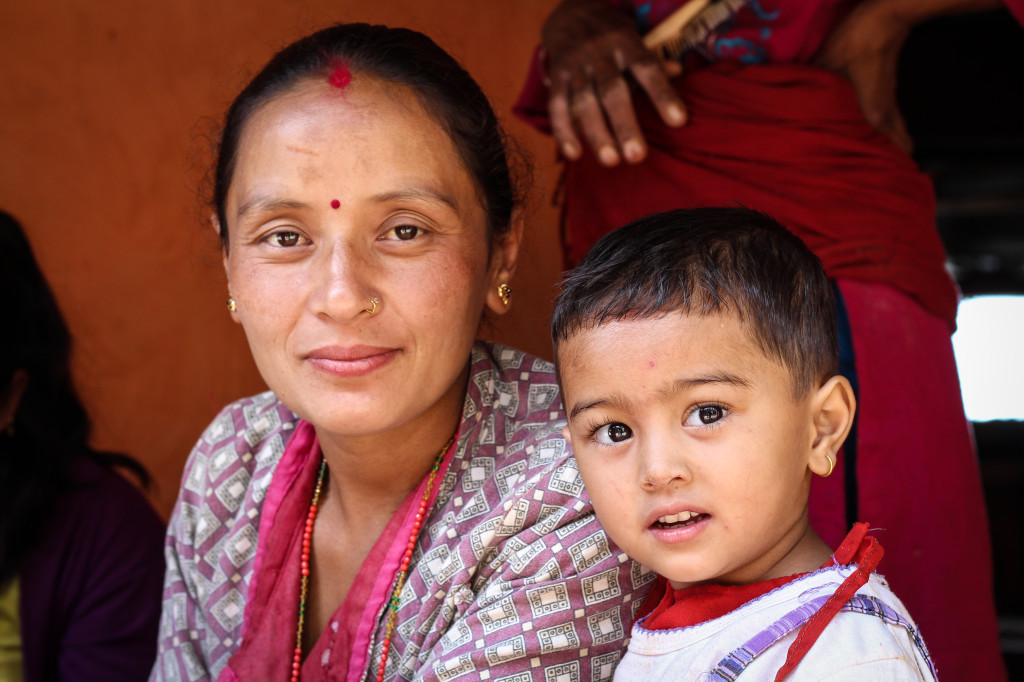
“I saw a dream in the coming future of all the women of Nepal have freedom to do whatever they want–in a good way,” Kumari describes. While recognizing how far they have come, she still has more hopes for the women of her community. “There would be equality between man and woman. There would be no work specific to the man or the woman. No conflict, they are equal.”
Phuyal reflects on her life and the positive changes she’s seen in her family. She describes a shift in thinking, and smirks when she explains that her husband can no longer “nag” her for going out of the house during the day, since her involvement in JWAC has financially benefitted them.
However, Phuyal is recognizes that there are still many women in the community who have not seen such improvements. “Change in only one’s life is not enough. There should be change in all,” states Phuyal. She also recognizes the growing leadership among the women in the community. “We male and females are equal. We can also bring changes.”
“I’m very happy to be part of the co-op,” Devkota concludes. “It has made me realize that I can do much more.”
